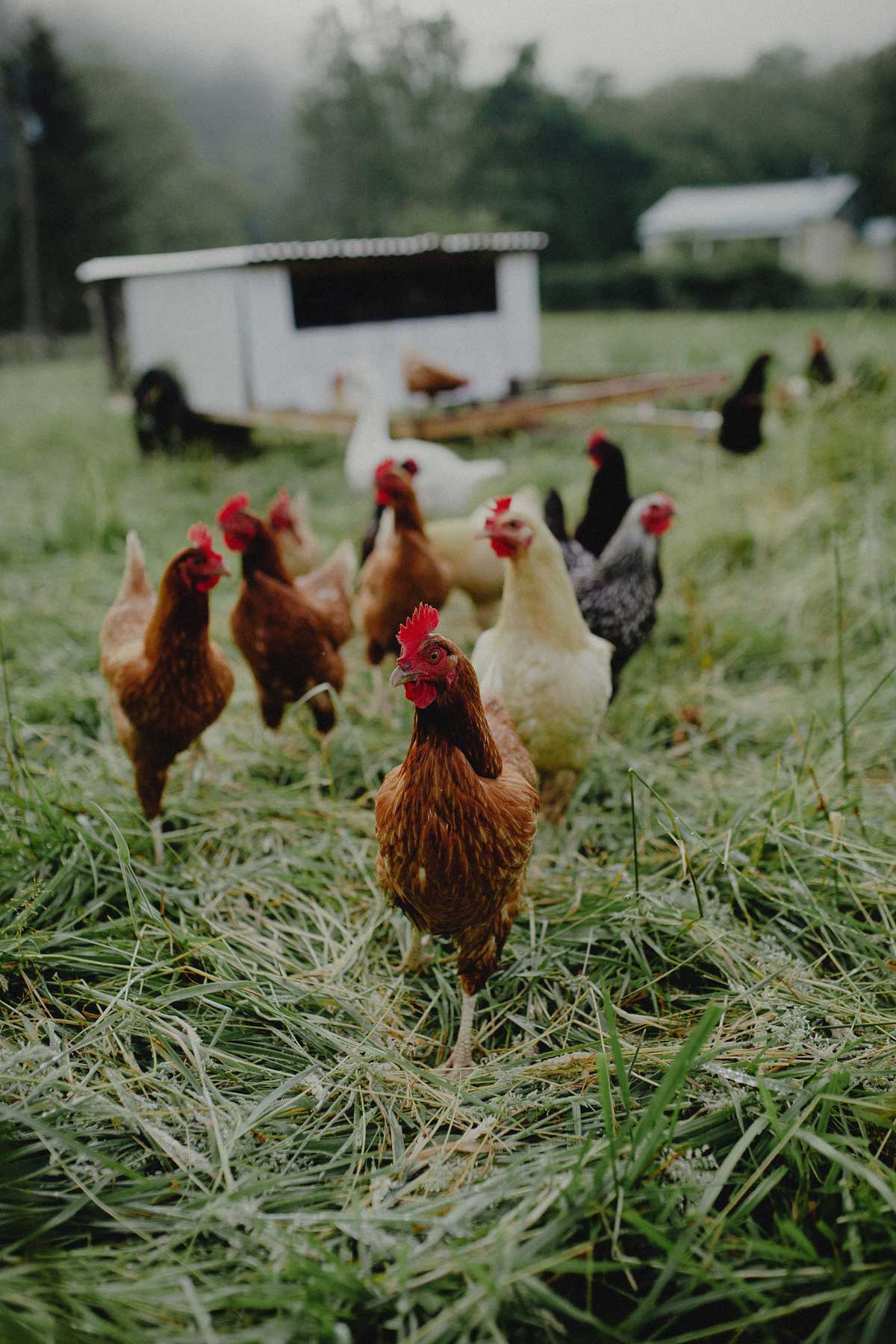If you are looking to provide the best care for your chickens, then you need to provide them with the right hen foods. Feeding your hens the appropriate diet is an important part of optimal chicken husbandry. In this article, you will discover the top hen foods that will keep your chickens healthy and happy. Learn what type of feed is best for your hens, as well as how to make sure they have the necessary vitamins and minerals to stay healthy.
Overview of Chicken Nutritional Requirements
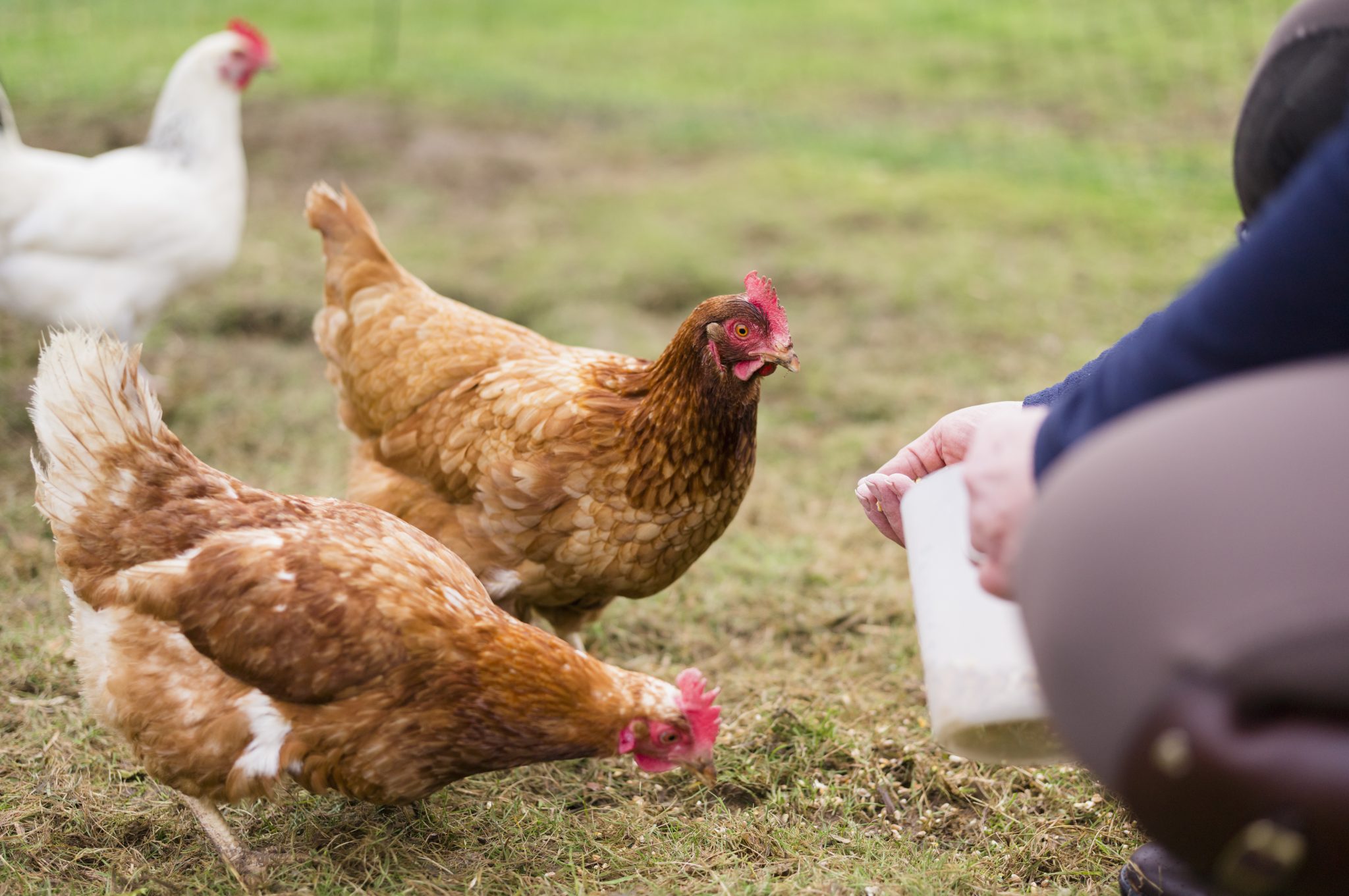
What are chickens supposed to eat? Chickens need a balanced diet to stay healthy and lay eggs. They require proteins, fats, carbohydrates, vitamins, minerals, and water. Here are some of the top hen foods for optimal chicken husbandry:
- Proteins: Proteins are important for egg production and muscle development. Proteins can be found in grains, legumes, and other animal-based proteins such as fishmeal, meat meal, and poultry by-products.
- Fats: Fats are essential for energy and provide essential fatty acids, which are important for healthy skin and feathers. Fats can be found in grains, legumes, and animal-based fats such as lard and fish oil.
- Carbohydrates: Carbohydrates provide energy and can be found in grains and legumes.
- Vitamins and Minerals: Vitamins and minerals are essential for normal growth, development, and overall health. They can be found in grains, legumes, and other feed supplements such as vitamins and minerals.
- Water: Water is essential for hydration and is the most important nutrient for chickens. It should be available at all times, and should be clean and free of contaminants.
Supplemental foods can also be provided to chickens, such as fruit, vegetables, and insects. These can provide additional nutrients and help to keep chickens healthy and laying eggs. It is important to remember that chickens should not be overfed as this can lead to obesity and other health problems.
Types of Hen Foods
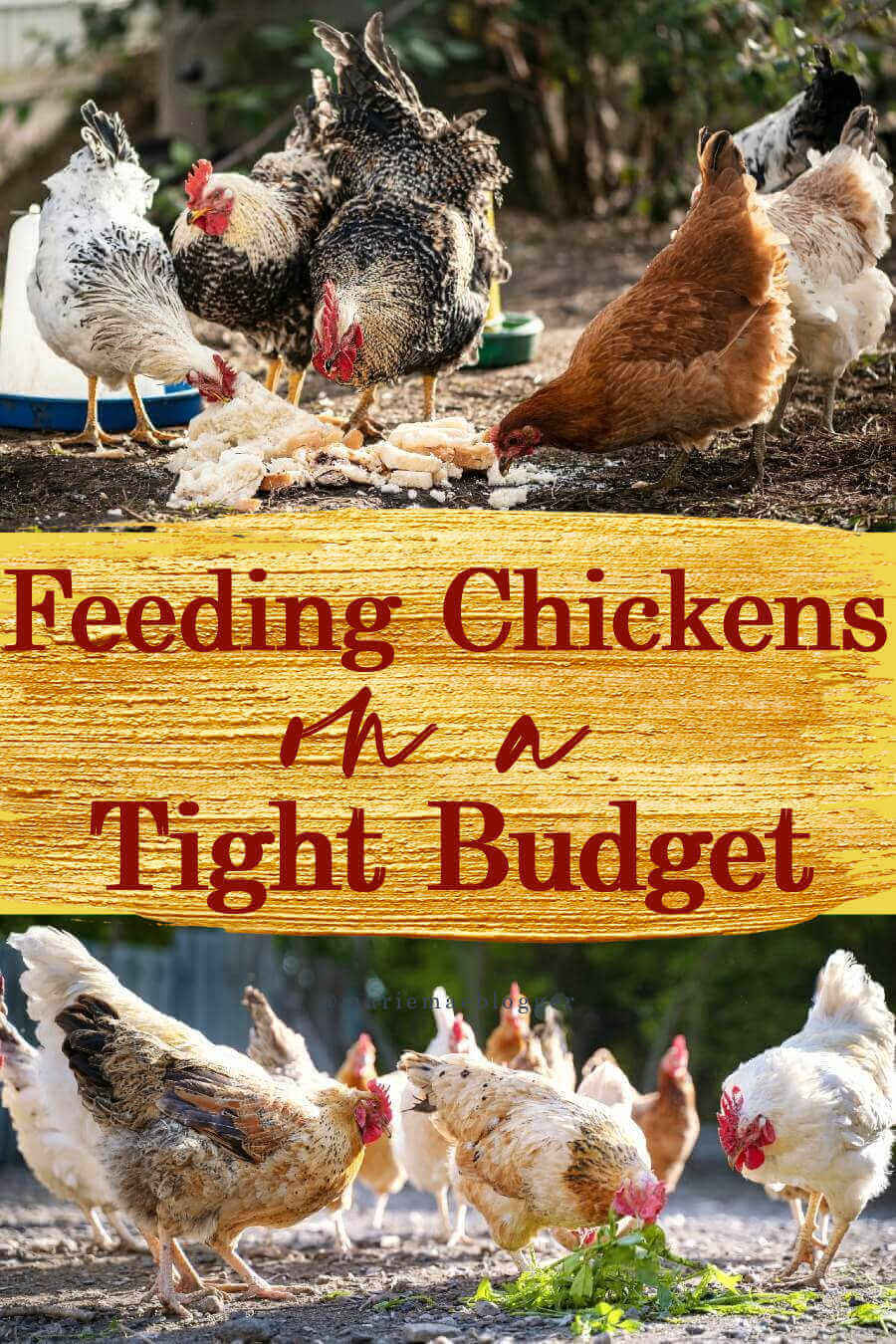
Grains
Grains are an important part of a chicken’s diet. Grains such as oats, corn, wheat, and barley are a great source of carbohydrates, essential vitamins and minerals, and essential fatty acids. Grains should be fed in moderation, as too much can lead to obesity.
Vegetables
Vegetables are an important part of a chicken’s diet, as they provide essential vitamins and minerals. Vegetables such as spinach, kale, and carrots are a great source of vitamins and minerals. Vegetables should be fed fresh, as dried or canned vegetables may contain preservatives that can be harmful to chickens.
Fruits
Fruits are an excellent source of vitamins and minerals for chickens. Fruits such as apples, oranges, and bananas are a great addition to a chicken’s diet. Fruits should be fed in moderation, as too much can lead to obesity.
Legumes
Legumes such as peas, beans, and lentils are a great source of protein and fiber for chickens. Legumes should be cooked before feeding to chickens, as raw legumes can be difficult for them to digest.
Seeds
Seeds such as sunflower, safflower, and pumpkin are an excellent source of protein, essential fatty acids, and other vitamins and minerals for chickens. Seeds should be fed in moderation, as too much can lead to obesity.
Insects
Insects such as mealworms, crickets, and earthworms are an excellent source of protein, essential vitamins and minerals, and other nutrients for chickens. Insects should be fed in moderation, as too much can lead to obesity.
Supplements
Supplements such as calcium, vitamins, and minerals are an important part of a chicken’s diet. A well-balanced diet is the best diet for chickens, but if chickens are not receiving enough nutrients from their food, supplements can provide the nutrients they need.
Assessing Quality and Safety of Hen Foods
- Nutrient-Dense: Choosing a nutrient-dense feed is essential for optimal hen health. Look for a feed that is rich in vitamins, minerals, and proteins, as well as being low in fillers.
- Organic: Organic feeds are free from synthetic fertilizers, herbicides, and pesticides, and are not genetically modified, meaning they are better for the environment and the overall health of your chickens.
- Pelleted: Pelleted feeds are easier to store, less messy, and can be more accurately measured. They also contain less waste, meaning your hens are getting more of the nutrients they need.
- Grain-Free: Grain-free feeds are an excellent choice for chickens with sensitivities or allergies to grains. These feeds typically contain a variety of seeds, legumes, and other plant-based ingredients.
- Non-GMO: Non-GMO feeds are free from genetically modified ingredients, which can be harmful to your chickens’ health. To ensure that you are choosing a non-GMO feed, look for a label that states the feed is non-GMO verified.
- Forage-Based: Forage-based feeds are high in fiber and provide a balanced diet for your chickens. They also help to keep your chickens occupied, as they are encouraged to forage for their food.
- Free-Range: Free-range feeds are sourced from flocks that have access to the outdoors and are allowed to forage for their food. These feeds are a great option for those looking for a more natural and ethical feed for their hens.
When selecting the best food for your chickens, it is important to assess the quality and safety of the feed. Ensure that it is nutrient-dense, organic, pelleted, grain-free, non-GMO, forage-based, and free-range. Doing so will help to ensure that your chickens are getting the nutrition they need to stay healthy and happy. By following these guidelines, you can be sure that you are providing the best possible diet for your chickens and helping them to thrive.
Feeding Practices for Optimal Chicken Husbandry
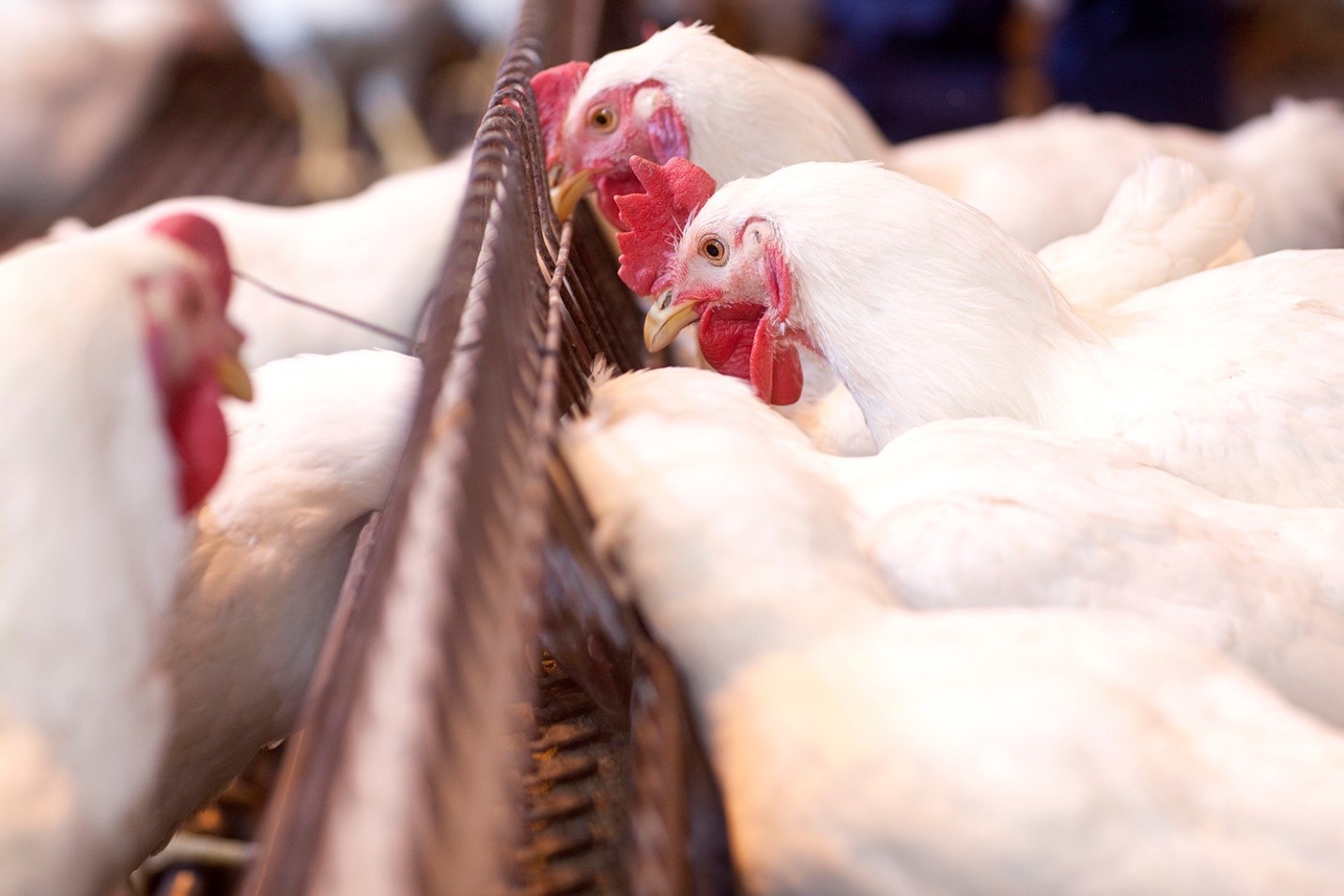
Hen foods are integral for optimal chicken husbandry. To ensure your hens have the best nutrition, consider the following feeding practices:
- Provide a variety of hen foods including grains, legumes, fruits, and vegetables. Feeding a balanced diet will ensure your hens stay healthy.
- Always provide fresh water, and change it frequently. Water is essential for chickens, and should be made readily available to them.
- Provide the right amount of food for your hens. Overfeeding can lead to obesity and other health issues. Give your hens enough to eat, but not too much.
- Be mindful of the food you are providing. Avoid processed, sugary, and greasy foods, as these can lead to health issues in chickens.
- Provide a variety of hen foods, as chickens tend to pick and choose what they eat. This will ensure that they are getting all the nutrients they need.
- Keep food in a secure container. This will help to keep rodents and other animals away from the food, and will ensure that your hens have access to fresh food.
By following these feeding practices, you can ensure that your hens stay healthy and have access to the nutrients they need. Providing the right hen foods for optimal chicken husbandry is the key to a happy and healthy flock.
Harmful Substances and Foods to Avoid
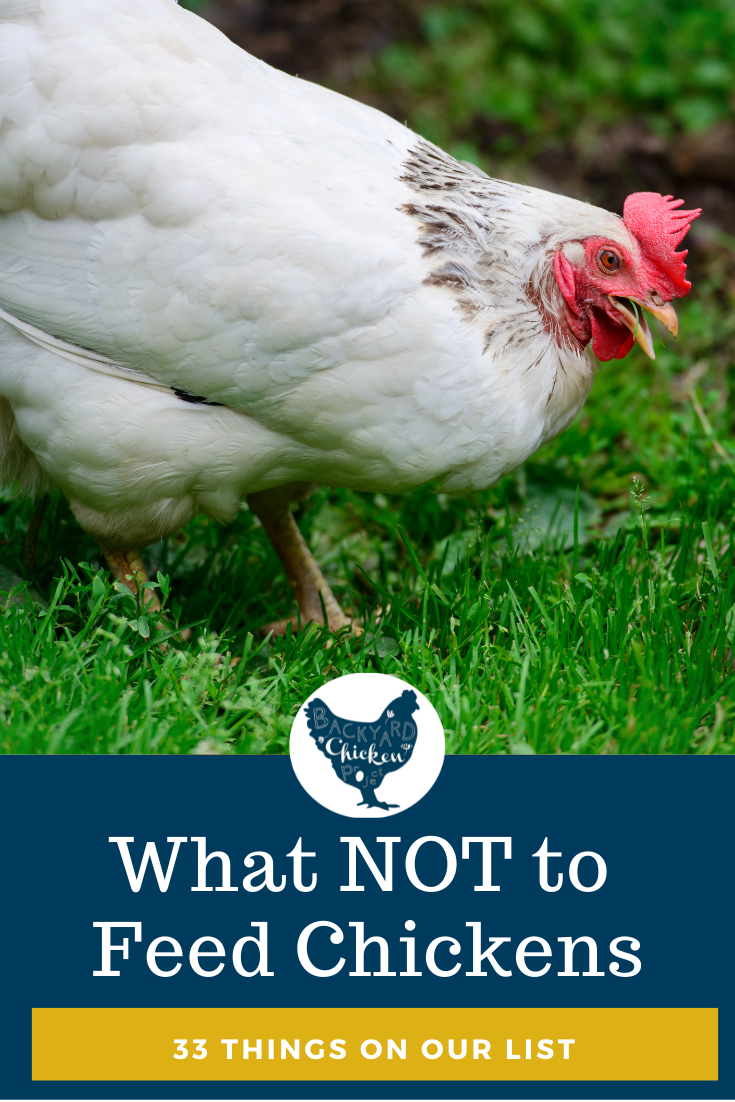
It is important to ensure the chickens are eating a healthy diet for optimal nutrition. Certain foods and substances can contain toxins, which can cause harm to chickens. Below are some of the substances and foods to avoid:
- Avocado, which contains a toxin called persin.
- Raw potatoes and potato skins, which contain solanine.
- Rhubarb and rhubarb leaves, which contain oxalic acid.
- Chocolate, which contains theobromine.
- Caffeine.
- Moldy and spoiled food, which can contain toxins.
- Raw eggs, which can contain salmonella bacteria.
- Fried, fatty and processed foods.
- Any foods with artificial sweeteners.
Making a Balanced Chicken Diet
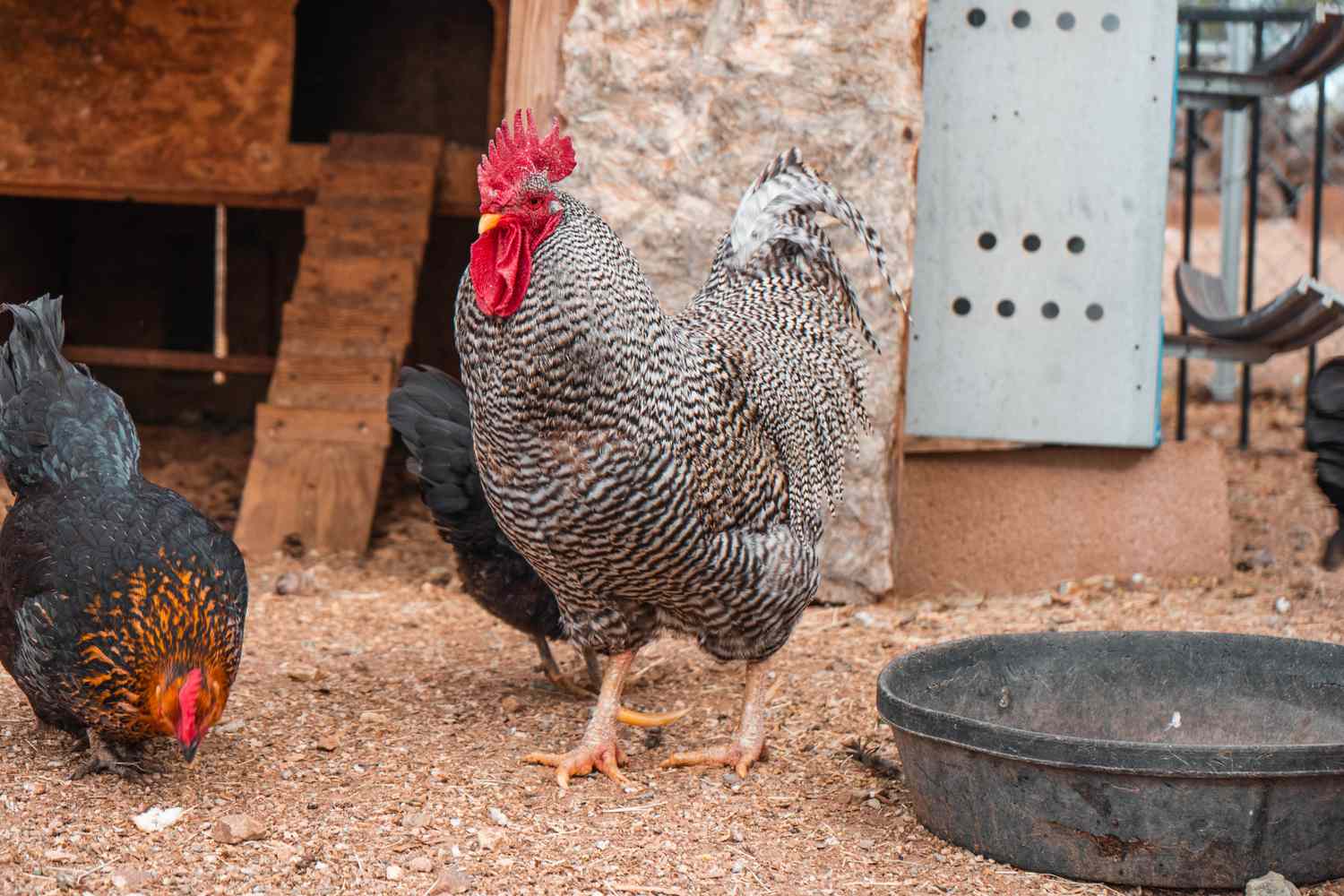
- Grains: Grains make up a large percentage of a chicken’s diet and provide essential carbohydrates, proteins, and vitamins. Choose from wheat, oats, barley, corn, and millet.
- Vegetables and Fruits: A variety of fresh vegetables and fruits should be offered for added nutrition and variety. Options include leafy greens, broccoli, carrots, apples, and melons.
- Grit: Grit is a source of calcium and other minerals, and helps chickens digest their food. Provide chickens with a coarse sand or gravel.
- Protein: Protein-rich foods are essential for growing and maintaining healthy chickens. Options include cooked eggs, mealworms, and cat food.
- Minerals: Minerals, such as calcium and phosphorus, are essential for healthy egg production. Offer a mineral supplement or provide shells, egg shells, and crushed oyster shells.
- Fats: Fats provide essential energy and help chickens stay warm during cold weather. Offer small amounts of vegetable oil, sunflower seeds, and nuts.
Monitoring Hen Health
- A healthy chicken’s comb should be bright red and perky. If it is pale, droopy, or discolored, it could indicate a health issue.
- A healthy chicken should have clean, bright eyes. Any discharge or discoloration could be a sign of illness.
- A healthy chicken should be active and alert. If it is sluggish or lethargic, it could be a sign of illness.
- A healthy chicken should have a clean vent. Any discharge or discoloration could be a sign of illness.
- A healthy chicken should have a glossy, smooth feathers. Any bald spots or discolored feathers could be a sign of illness.
- A healthy chicken should have smooth, pink feet and legs. Any discoloration could be a sign of illness or injury.
By monitoring these signs, you can quickly identify any health issues in your chickens and take action to ensure optimal health.
Frequently Asked Questions
What are the essential nutrients required for healthy chicken husbandry?
To ensure optimal health and development of chickens, they must be provided with the essential nutrients they need. These nutrients can come from both feed and supplements and are required for healthy growth, egg production, and overall well-being.
- Protein: Essential for growth and production of eggs, chickens need a good source of protein like fish meal, soybean meal, or corn gluten meal.
- Carbohydrates: Carbohydrates provide energy for chickens and can be found in grains like wheat, corn, and barley.
- Fats: Fats like vegetable oil, fish oil, and animal fats are important for chickens as they provide energy and help to maintain healthy plumage.
- Vitamins & Minerals: Vitamins and minerals are important for growth and immune system health and can be found in a variety of feed supplements.
- Water: Fresh, clean water must be available to chickens at all times.
What are the best sources of protein for chickens?
Grains and Seeds: Grains and seeds are an excellent source of protein for chickens. This includes grains such as wheat, barley, oats, flax, buckwheat, millet, and quinoa, as well as sunflower, pumpkin and safflower seeds. These should be fed in moderation, as too much can lead to health problems.
Insects: Insects are an excellent source of protein and a natural part of a chicken’s diet. Chickens will eagerly eat many insects such as crickets, mealworms, and waxworms.
Fish: Fish is a great source of protein for chickens, and can be fed in the form of small fish such as minnows, or as fish meal.
Eggs: Eggs are a great source of protein and can be fed to chickens in moderation. If feeding eggs to chickens, make sure that the eggs are cooked, as raw eggs can cause health problems.
Legumes: Legumes such as beans and peas are a great source of protein for chickens. They should be fed in moderation and should be cooked before being fed to chickens.
Green Vegetables: Green vegetables such as kale, spinach, and broccoli are a great source of protein for chickens. They should be fed in moderation and should be chopped or shredded before being fed to chickens.
How Much Food Should I Feed My Chickens Each Day?
- Free-Range Chickens: Free-range chickens should have access to a variety of different foods, including greens, grains, and insects. They should also have access to a constant supply of fresh water, and a mineral supplement. Depending on the size of the flock, you should provide about ¼ to ½ pound of food for each chicken, per day.
- Organically-Raised Chickens: Organically-raised chickens should be provided with a healthy and balanced diet, including plenty of fresh greens, grains, and other organic foods. They should also receive a vitamin supplement, and a constant supply of fresh water. Depending on the size of the flock, organically-raised chickens should be provided with ¼ to ½ pound of food, per day.
- Commercial Chicken Feed: Commercial chicken feed is formulated with the right balance of nutrients that chickens need to stay healthy. It should include a mix of grains, proteins, and vitamins. Depending on the size of the flock, you should provide ¼ to 1 pound of commercial chicken feed, per day.
- Scratch Grains: Scratch grains are a great way to supplement a chicken’s diet. They provide extra energy and help to keep chickens healthy and strong. Depending on the size of the flock, you should provide about ¼ to ½ pound of scratch grains, per day.
In addition to providing your chickens with the right balance of foods, it’s important to make sure they always have access to fresh water and a mineral supplement. This will help to ensure that your chickens stay healthy and productive.
Are there any health risks associated with feeding chickens certain types of food?
Feeding chickens the wrong type or quantity of food can lead to nutritional deficiencies, obesity, and an increased risk of illness. Poor quality food can also lead to nutrient deficiencies and can negatively affect egg production. Certain foods, such as raw fish, spoiled foods, processed meats, and moldy grains, can be harmful to chickens and should be avoided. Feeding chickens a balanced diet of quality grains and proteins is essential for good health and egg production.
Are there any special considerations for feeding chickens in different climates and seasons?
Yes, there are. Depending on the season and climate, there are certain adjustments that should be made to a chicken’s diet. Here are some considerations to be aware of:
- Temperature: During the summer, chickens need more protein and energy in their diet to help regulate their body temperature. Additionally, providing a cool, shady area for them to retreat to can help keep them comfortable.
- Rainy Season: During the rainy season, chickens need extra energy and protein to maintain their energy levels. Additionally, providing a dry, well-ventilated area is important to prevent respiratory illnesses.
- Cold Weather: In cold weather, chickens need more energy to maintain their body temperature, so they may require an extra boost of energy with a higher-calorie feed. Additionally, providing a warm, dry area with plenty of bedding is important to help keep them comfortable.
Overall, it is important to adjust your chickens’ diet as the climate and season changes. This will help ensure that your chickens are healthy and well-nourished and that their nutrition needs are met.
Conclusion
Providing nutrient-rich, quality feed is an essential part of successful chicken husbandry. By selecting the right hen foods that meet the nutritional needs of your hens, you can ensure your chickens remain healthy and productive. Additionally, considering the source of your feed and its ingredients is important to ensure your chickens have access to the best possible nutrition.
